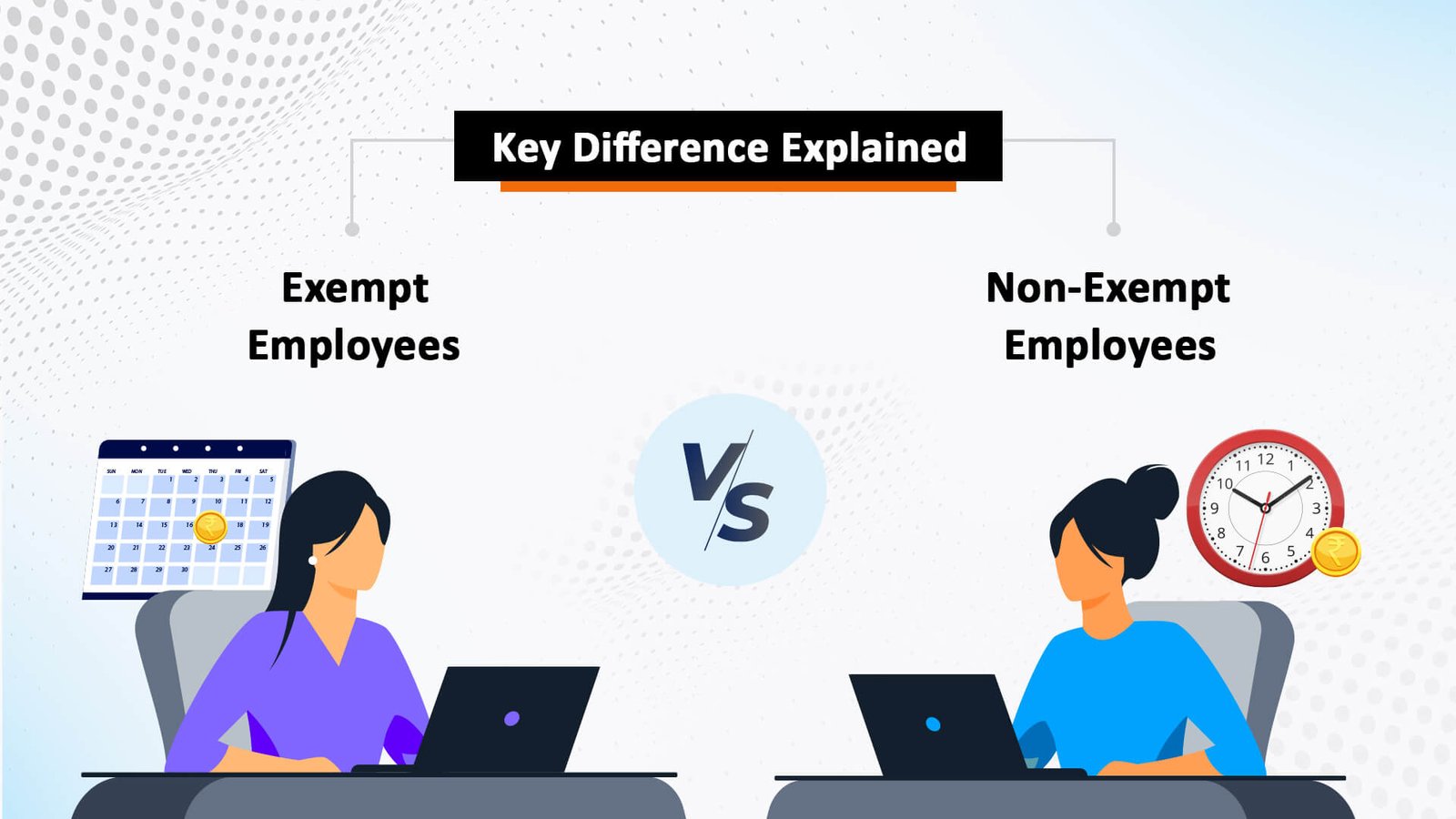Payroll is most crucial for any business, and managing it is a daunting task for the employer or the organization, because it not only involves calculating gross wages but also needs to be accurate while handling employment taxes. Due to the internet, most people have heard about the Social Security and Medicare taxes. Still, one unknown yet equally important tax is the FUTA tax, which stands for the Federal Unemployment Tax Act.
The FUTA is paid by the employer and not by the employee. In this blog, we will discuss what FUTA is, how it works, and why only employers are accountable for paying this tax.
What Is FUTA Tax?
FUTA is a federal tax that employers pay into a fund named the unemployment compensation program. These specific programs provide temporary financial assistance to workers and employees who lost their jobs through no fault of their own, such as layoffs or company downsizing.
FUTA is used to fund:
- The federal share of unemployment benefits.
- State administrative costs for unemployment programs.
- Loans to states with insufficient unemployment funds.
It is crucial to understand that FUTA can not be withheld from an employee’s paycheck; instead, employers must calculate, report, and deposit.
FUTA is a federal tax and is entirely different from the state tax, known as SUTA (state unemployment tax law). Most states require employers to pay both FUTA and SUTA. FUTA is a federal tax and is entirely different from the tax known as SUTA. Most states require employers to pay both FUTA and SUTA.
Who Pays FUTA Tax?
Only employers are required to pay FUTA tax. This sets it apart from payroll taxes like Social Security and Medicare, which are shared by both the employer and employee.
Here’s how it breaks down:
- FUTA: Paid only by the employer
- Social Security: Half paid by employer, half by employee
- Medicare: Shared between the employer and the employee
- As it is not deducted from the employee’s salary, you can not find it on pay stubs.
What is the FUTA tax rate and wage base (updated for 2025)
FUTA Tax Rate
The usual FUTA tax rate is 6% on the first 7000 dollars of each employee’s annual salary as of 2025. Employers who pay their state unemployment tax on time and in full may be entitled to a tax credit worth up to 5.4%. If the full credit is utilized, the effective FUTA tax rate decreases to 0.6%
FUTA Wage Base
The FUTA salary base is set at $7000 per employee annually, which means the employer only owes FUTA tax on the $7000 of the employee’s salary. Once an employee crosses the limit of 7000 dollars within the calendar year, no additional wages are subject to FUTA tax.
We can say that if someone is earning $10000 per year, then FUTA only applies to the first $7000 and not the full annual wages. This wage limit helps employers to pay the tax affordably while still contributing to unemployment insurance programs.
Why Only Employers Pay FUTA?
FUTA is special as it is only paid by the employers; this is different from all the other payroll deductions like social security, Medicare, or insurance taxes. Let’s discuss this from both the employer’s and employees’ points of view.
Employer’s View
The legislation places the responsibility of FUTA on the employer. This design reflects a public policy goal: hold employers accountable for job security. The system tries to discourage layoffs while rewarding enterprises that maintain constant employment levels.
Employee’s View:
Employees do not need to contribute anything directly, as the employee is the beneficiary of the unemployment insurance funds. In any case, if employees lose their jobs without any serious cause, the FUTA system can help them to survive for some time. Meanwhile, you can search for your new job role.
How to File and Pay FUTA?
If you have to stay compliant with FUTA, you have to master both filing the correct forms and making tax deposits from time to time. Here are a few points you actually need to know, which we discussed below.
1. Filing IRS Form 940
Employers have to file the Form 940, the employer’s annual FUTA return, which reports the employer’s federal unemployment tax liability. This form included the total wages paid during the year, adjustments for any state unemployment tax credit and taxable FUTA wages, the final tax dues, and Form 940 that is due annually or by the 31st of January, including the previous calendar year.
2. Quarterly Tax Deposits
As we discussed previously in this blog, employers are liable to file the form only once a year. In case your FUTA liability exceeds $500 in a given quarter, then you have to file the form quarterly. If you owe a lower amount, you can carry that amount forward to the next quarter.
This will help to expedite the process, distribute the financial burden, and ensure the IRS receives consistent payments throughout the year.
3. Accepted Payment Methods
FUTA taxes must be deposited electronically via Electronic Funds Transfer (EFT). Most companies use:
- EFTPS.gov is the official Electronic Federal Tax Payment System.
- Payroll service providers
- ACH credit payments through authorized banking institutions.
- Paper checks are not accepted as FUTA tax deposits.
Frequently Asked Questions About FUTA
Is the FUTA tax mandatory?
Yes. If you meet one of the following conditions, you must pay FUTA tax: You spent at least $1,500 in wages during any calendar quarter. You had at least one employee working for you in any 20 different weeks over the years, whom you can call a freelancer or part-time or temporary.
What Happens If I Don’t Pay FUTA Tax?
Failure to file Form 940 or make false tax contributions will lead to serious penalties. Including IRS penalties and interest charges, notices, audits, and loss of credit for state unemployment tax, to avoid these concerns, make sure to fulfill all the required deadlines and preserve proper records.
Is FUTA Tax Deductible for Business?
Yes, when employers fill out their federal income tax returns, these deductions serve to reduce total taxable income and thus the overall tax burden.
FUTA vs. SUTA: What is the difference?
While FUTA is a federal tax, many companies have to pay the SUTA tax, which means state unemployment taxes. Each state determines its own SUTA rate and wage base; as a relief, a few states provide tax credits to offset the federal unemployment tax burden.
Paying the SUTA on time will typically result in a credit of up to 5.4% off your FUTA; also, it will lower your FUTA rate from 6.0% to 0.6%. The FUTA is important because it helps workers who lose their jobs through no fault of their own. Employees do not have to contribute directly to it; FUTA demonstrates your employer’s commitment to maintaining a solid unemployment safety net.
Key Takeaways
The FUTA is a crucial element of the US unemployment insurance system, which is designed to support workers during times of job loss through no fault of their own. The FUTA is only the employer’s liability; he has to understand how it works. The applicable rates and proper filing procedures are significant for staying in compliance and avoiding penalties. By managing FUTA liability correctly.
Whether you are an employer or an employee, are you someone who always faces difficulties while calculating taxes and wants to find simple, easy-to-use yet accurate solutions to generate a paystub? If you want to stay compliant with the quarterly filing, use our free paystub generator tool, StubCreator. It will help you.
Instead of using costly payroll software, try StubCreator. It will simplify the payroll process with accurate tax calculations of all taxes. StubCreator will provide precise tax calculations with updated 2025 FUTA information to streamline the payroll system that is compliant with federal unemployment tax laws.
FAQ's
What is the FUTA tax used for?
+
The FUTA tax funds federal unemployment programs, helping provide temporary financial support to workers who lose their jobs.
How much is the FUTA tax rate?
+
The FUTA tax rate is generally 6.0% on the first $7,000 of each employee’s wages, though employers may get a credit that reduces it.
Why don’t employees pay the FUTA tax?
+
FUTA is designed as an employer-paid tax to fund unemployment insurance without reducing employees’ take-home pay.
Do all businesses have to pay FUTA tax?
+
Most employers must pay FUTA tax if they paid $1,500 or more in wages in a quarter or had at least one employee working part of a day in 20 weeks of the year.





